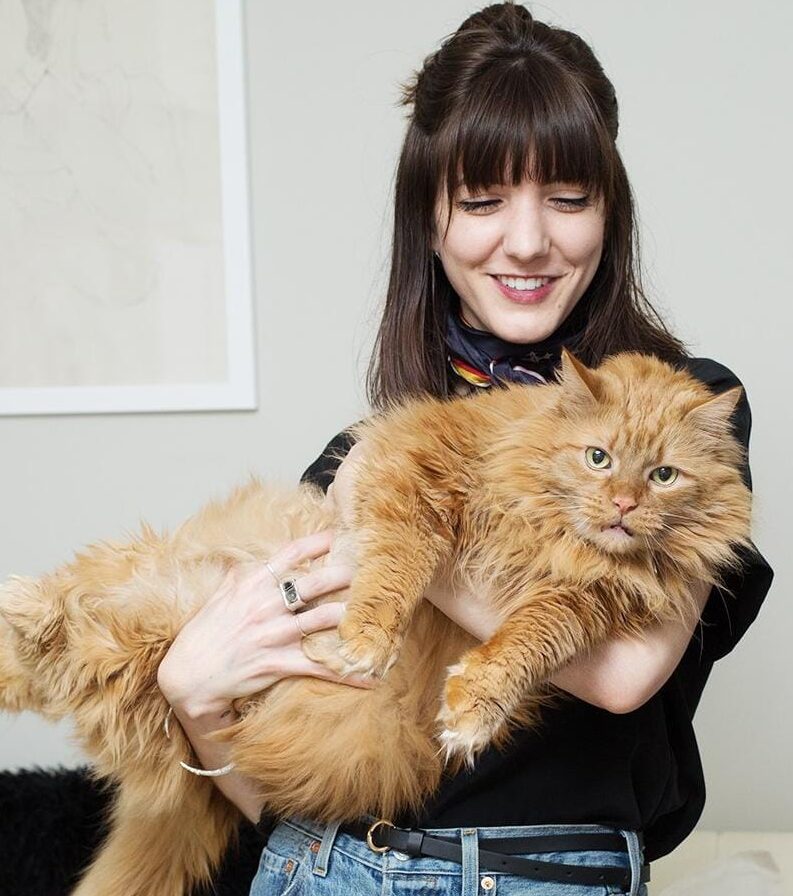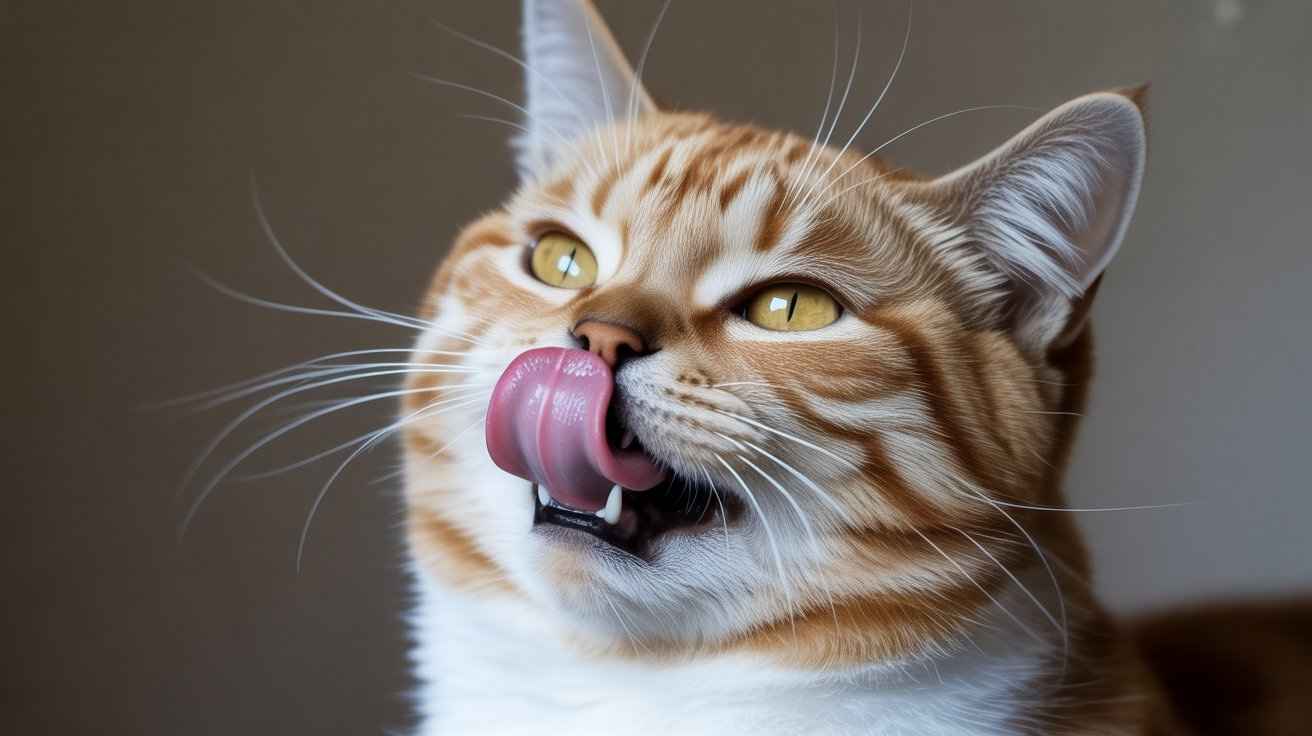Why Are Cats More Independent Than Dogs? 5 key facts show cats clean themselves, hunt alone, like their space, need less training, and enjoy quiet time.
Why are cats more independent than dogs?
Many pet owners ask this question when they see the big difference between the two animals. Cats often appear calm, quiet, and self-sufficient, whereas dogs eagerly await their owners’ time, love, and attention.
This difference is not random. It comes from evolution, hunting style, and how each animal lived before humans kept them as pets. Cats were lonely hunters that learned to survive on their own. Dogs lived in packs, where they worked together and needed group support.
Even today, these old habits continue to influence their daily interactions with others. Cats can stay alone for hours, while dogs prefer to stay close to their humans. Still, cats are not cold—they can build strong bonds, but they show love more softly.
Daily Care: Cats vs Dogs
| Care Topic | Cats | Dogs |
|---|---|---|
| Feeding | Eat small meals, can eat alone | Need set meals, wait for the owner |
| Cleaning | Need walk outside to go potty | Need baths and brushing from humans |
| Bathroom | Use a litter box indoors | Need long walks and to play with people |
| Exercise | Play alone with toys, short runs | Need to walk outside to go potty |
| Attention | Happy alone for hours | Need more time and company |
Evolutionary Roots
To understand why are cats more independent than dogs, we must look at their past. Long ago, cats lived alone. They were hunters, catching mice and birds on their own. Dogs were different.
They lived in packs and hunted together. Because of this, dogs learned to work as a team and to follow a leader. Cats never needed a group, so they learned to care for themselves.
This is why cats today seem more independent. Dogs still look for friends and family, but cats are happy to be alone when they want.
Attachment Studies
Scientists studied why are cats more independent than dogs by watching how pets act when their owners leave. Dogs often feel separation anxiety.
They cry, bark, or look for their humans. Cats behave differently. Most cats stay calm, sit quietly, or explore the room. This does not mean cats do not love people.
It means cats can feel safe on their own. Dogs see their owner as a secure base, but cats are more self-sufficient. Cats show love in smaller ways, like purring or rubbing against your leg, instead of needing constant comfort.

Domestication Pathways
Another reason why are cats more independent than dogs is how they became pets. Long ago, dogs were trained by humans to help with jobs like hunting, guarding, and herding animals.
Dogs learned to listen and follow orders. Cats were different. They came close to people because people had food, like grain, which attracted mice. Cats hunted the mice and stayed around.
People allowed them to stay, but they didn’t train them much. That is why cats kept more of their wild habits. Dogs became increasingly dependent on humans, whereas cats remained more independent.
Social Structure & Personality

A big part of why are cats more independent than dogs comes from how they live with others.
Dogs are pack animals. They like being with a group and feel safe with a leader.
That is why dogs often follow their owner closely. Cats are different. In the wild, many cats hunt and live alone. Some cats can share space in a colony, but they do not always need friends.
This makes cats seem more independent. Dogs depend on people for company, but cats can enjoy time alone and still love their family.
Instincts, Physiology & Self-Sufficiency
Another reason why cats are more independent than dogs is their natural habits. Cats clean themselves by licking their fur, so they do not need baths often.
They also use a litter box, which makes them easier to care for. Cats are great hunters and can catch food on their own if needed. Dogs, on the other hand, need walks, training, and more help from humans.
Cats also sleep many hours each day, which means they are fine being alone. These traits make cats more self-sufficient, which is why they tend to act more independently than dogs.
Human & Environmental Factors
Another reason cats are more independent than dogs is their lifestyle with people. Dogs need more time and care. They wait for walks, play, and constant company. Cats can adjust more easily.
If their owner is busy, they may nap, groom, or play alone. Cats are happy with a safe home, food, and a clean litter box. Dogs can feel lonely faster, but cats are okay for longer hours.
This shows cats are more independent in daily life. Still, both pets need love and care from their humans to stay happy and healthy.

What This Means for Owners
Table: Easy Tips for Cat Owners vs Dog Owners
| Topic | Cat Owners | Dog Owners |
|---|---|---|
| Time | Cats can stay alone if you are busy. | Dogs need you many times each day. |
| Play | Play a little with toys. | Play and walk every day. |
| Cleaning | Need training in good manners. | Take outside for potty and walks. |
| Training | Few rules to teach. | Need training for good manners. |
| Love | Cats show love slowly. | Dogs show love quickly. |
FAQs
Q1: Why are cats so independent?
Cats are hunters. They can catch food alone. That is why cats are more independent than dogs.
Q2: Do cats love people less than dogs?
No. Cats love quietly. They may purr, sit near you, or rub on you. That is their love.
Q3: Can cats stay home alone?
Yes. Most cats can stay alone for hours. Dogs get sad faster. This shows why cats are more independent than dogs.
Q4: Do cats need less care than dogs?
Yes. Cats use a litter box, clean themselves, and sleep a lot. Dogs need more walks and time.
Q5: Do all cats act the same?
No. Some cats are shy, some are friendly. But most show more feline independence than dogs.

Hi, I’m Sana Sajid!I’m the voice behind CatsCare.blog, sharing my 10+ years of hands-on cat care experience. With a diploma in animal care, I offer practical tips, trusted advice, and easy-to-follow guides to help keep your cats healthy and happy.
When I’m not writing, I spend time with my own cats or exploring the latest developments in feline health. Follow CatsCare.blog for expert insights and real cat stories!


![A white and brown dog gently licks the ear of a sitting brown tabby cat in a close-up indoor shot. [Why Your Dog Grooms Your Cat?]](https://catscare.blog/wp-content/uploads/2025/09/Why-Your-Dog-Grooms-Your-Cat.jpg)
![A golden retriever is stretching on a fluffy beige rug in a pose similar to a cat's "downward dog" stretch. Its front legs are on the ground and its rear is up in the air with its tail raised, as it looks forward.[Why Does My Dog Stretch Like a Cat?]](https://catscare.blog/wp-content/uploads/2025/09/Why-Does-My-Dog-Stretch-Like-a-Cat-1.jpg)

